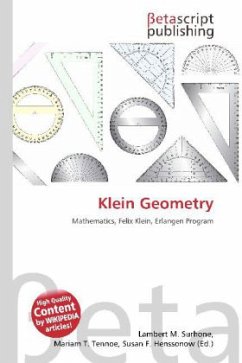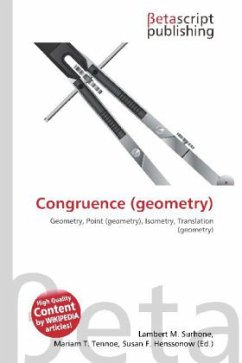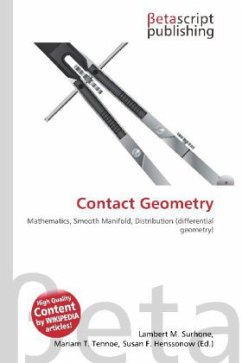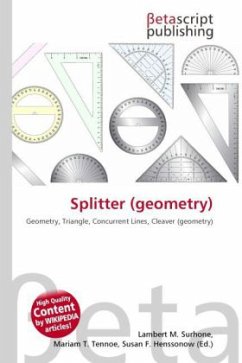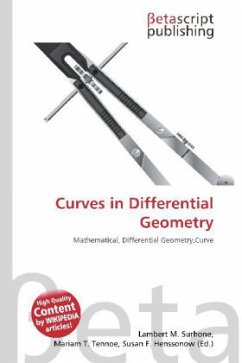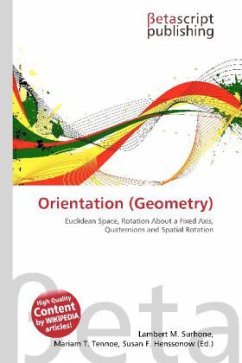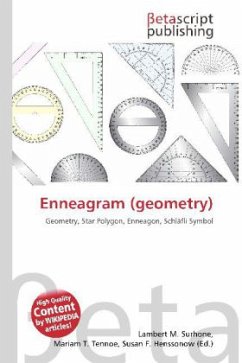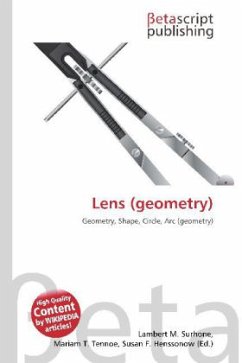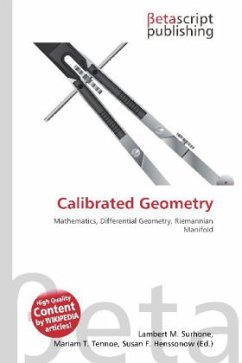
Calibrated Geometry
Versandkostenfrei!
Versandfertig in 6-10 Tagen
23,99 €
inkl. MwSt.

PAYBACK Punkte
12 °P sammeln!
Please note that the content of this book primarily consists of articles available from Wikipedia or other free sources online. In the mathematical field of differential geometry, a calibrated manifold is a Riemannian manifold (M,g) of dimension n equipped with a differential p-form (for some 0 p n) which is a calibration in the sense that is closed: d = 0, where d is the exterior derivative for any x M and any oriented p-dimensional subspace of TxM, = vol with 1. Here vol is the volume form of with respect to g. Set Gx( ) = { as above : = vol }. (In order for the theory to be nontrivial, we n...
Please note that the content of this book primarily consists of articles available from Wikipedia or other free sources online. In the mathematical field of differential geometry, a calibrated manifold is a Riemannian manifold (M,g) of dimension n equipped with a differential p-form (for some 0 p n) which is a calibration in the sense that is closed: d = 0, where d is the exterior derivative for any x M and any oriented p-dimensional subspace of TxM, = vol with 1. Here vol is the volume form of with respect to g. Set Gx( ) = { as above : = vol }. (In order for the theory to be nontrivial, we need Gx( ) to be nonempty.) Let G( ) be the union of Gx( ) for x in M. The theory of calibrations is due to R. Harvey and B. Lawson and others (see The History of Calibrations).



